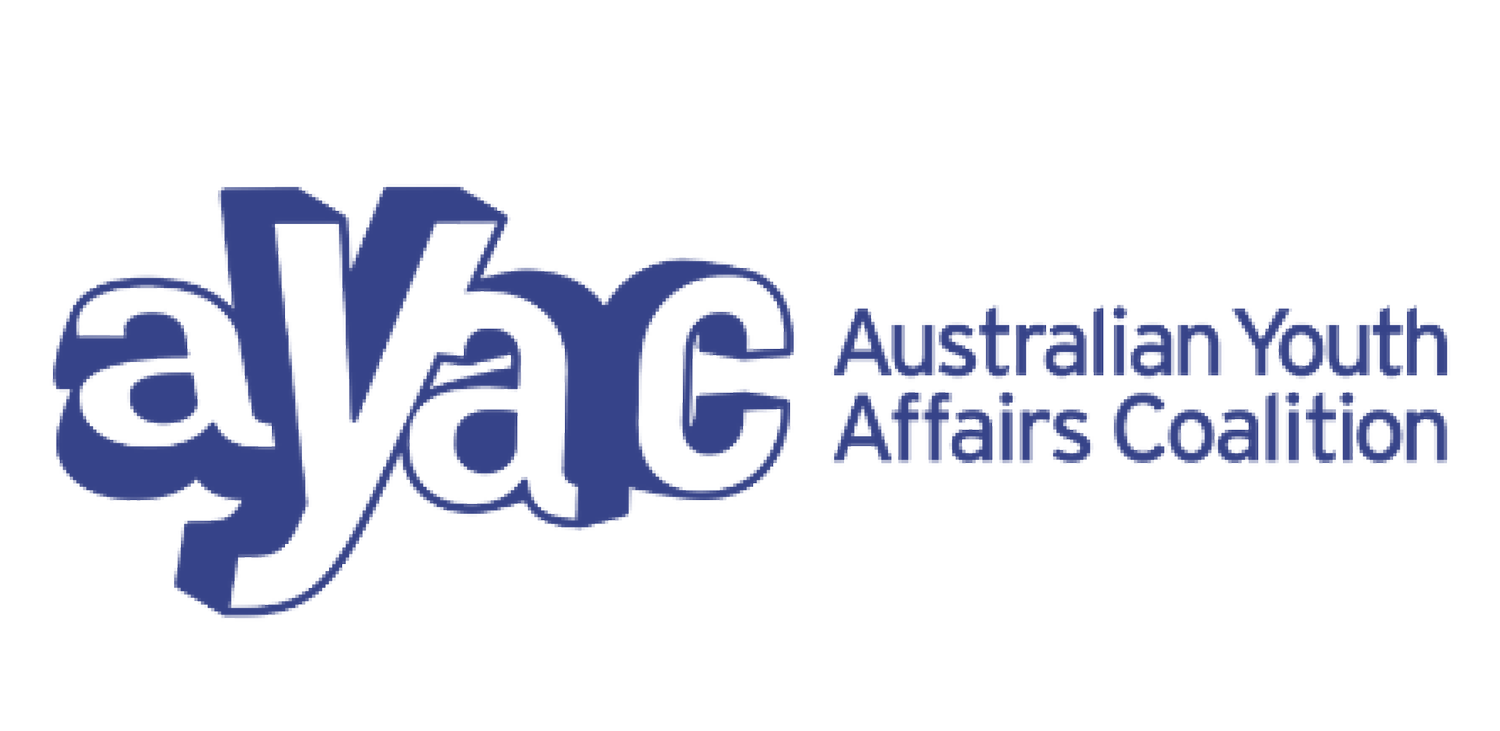Breaking Chains: Acknowledging Discrimination as the Catalyst for Transformation.
By An Le | 15 years old | Hobart (Nipaluna)
Our cultural pride is an unbreakable thread woven through our lives, connecting us to a unique global experience.
It goes beyond discovering new music and savouring delicious food; it involves crafting a perspective that transcends borders while honouring our roots. This bond forms a safe space where diverse individuals can grow closer, recognising the universality of our life experiences despite our varied origins. Embracing each other's cultures enriches our lives with new perspectives, equally important, it normalises aspects we may not have been proud of before.
People from all walks of life, speaking different languages, practising diverse cultures, hailing from various ethnic communities and races, come together to constitute the human race. Unfortunately, some misunderstand these differences, turning them into reasons for discrimination, hate, and violence.
Viewing others without room for differences leads to undignified crimes against humanity, such as racism, tribalism, persecution, apartheid, xenophobia, terrorism, and genocides. These atrocities stem from noticing 'differences' when we should be seeing 'unique.'
The call for equality resonates loudly – regardless of gender, race, nationality, ethnicity, class or other status, we all have the right to be treated fairly. Yet, we hear heartbreaking stories from individuals facing cruelty simply for being part of a "different" group. A friend of mine encountered tough times at school when classmates made mean jokes about Indigenous people and Asians, escalating to mocking accents and offensive stereotypes. Whispering to me, my friend lamented, "I wish going to school wasn't so difficult." The subsequent emotions laid bare – anger, sadness, anxiety, powerlessness, discomfort, shame, and isolation. IT IS NOT FAIR. Everyone should feel proud, embrace their ethnicity and be comfortable in their skin, heritage, and cultural identity, regardless of societal norms.
In my journey, I've stumbled and found myself looking at people solely through the lens of their gender, ethnicity, or religion. It is easy to forget that the life pulsing through their veins is as rich and red as my own. They are full of value, worth, and dignity and deserve all the respect I have to give. Many of us have overlooked countless opportunities for meaningful connections and collaborations, missing out on compelling ideas, vivid cultures, and a chance at solving some of the tremendous social and economic problems we face.
The "us and them" divide between colonial, First Nations and migrant Australia hinders the exchange of ideas that could arise from the combination of cultures.
Rather than exclusion, assimilation, or erasure, we should bring these issues into the light, encouraging an environment where everyone is treated equally and free from the shackles of discrimination.
The views expressed in AYAC’S youth blog are personal and and not an endorsement of AYAC; we value and encourage the diverse perspectives of young people.
